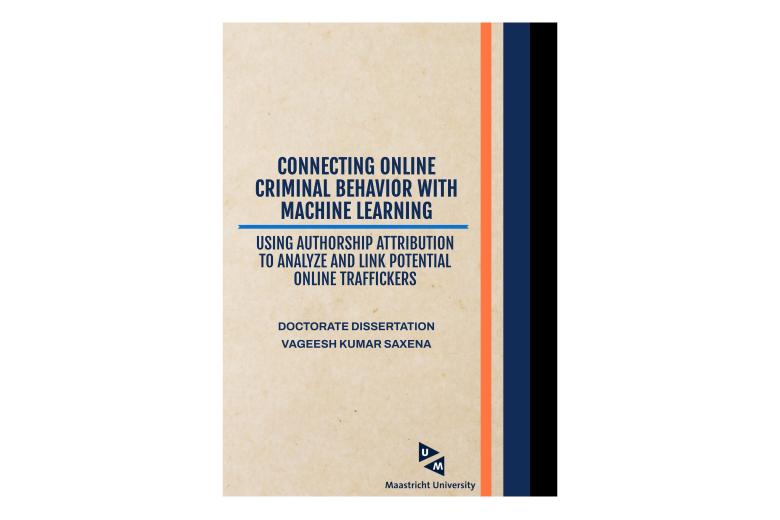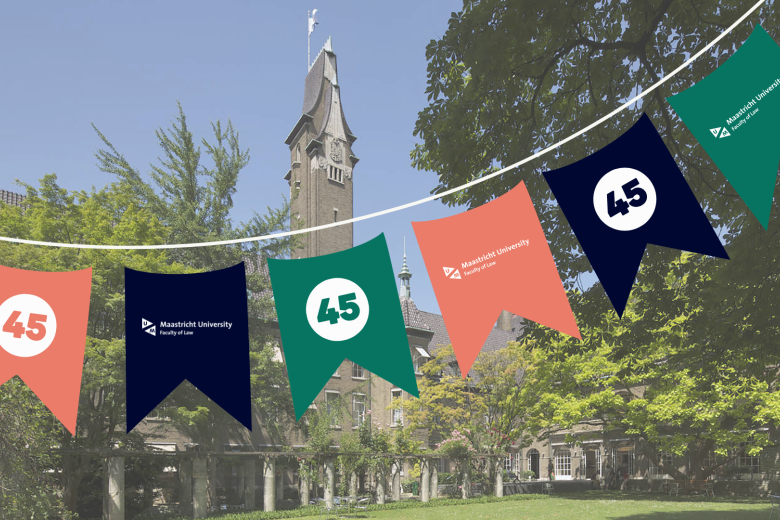Comparative Perspectives of Criminal Procedure
Criminal justice systems across the globe face similar challenges, yet their solutions to these obstacles might differ for a variety of reasons. This book introduces the most salient aspects of criminal procedure from a comparative perspective.
The procedural phenomena present in various criminal justice systems are discussed through reference to the legal systems of Germany, the Netherlands and England and Wales. Criminal procedure includes a variety of procedures concerning investigating, adjudicating and sentencing suspects. The criminal justice system encompasses various actors and institutions and they all have their own specific role. Whereas criminal justice systems may differ greatly, many of the issues they face are the same. This poses questions such as under which conditions may evidence be collected during investigations, what conclusions can be drawn from it during trial and what should happen if such rules are not respected? In addition, criminal procedure empowers citizens with rights in their relation to the state. How criminal justice is organised and the design of criminal procedure depends on the legal system in question: each legal system has its own history, institutions and actors, principles, values and ways of organising state power to respond to criminal offences. Ultimately, criminal procedure is part of criminal justice, which is, in itself, a complex system of institutions. The primary purpose of this book is twofold. First, it strives to present the main features of criminal procedure. The reader shall find the most topical measures, principles, rights and procedures of criminal process. Second, because describing the criminal process is not sufficient, this book further explores why criminal procedure looks the way it does, by dissecting the raison d'être and choices behind legislation and practice. Furthermore, certain developments are the result of the implementation of a specific (criminal) policy, such as increased efficiency or better alignment with international human rights obligations. This book is not a mere description of criminal procedure, but a critical account of the choices made in its formation. By delving into the rationale behind certain legal phenomena, the authors aim to provide the reader with a deepened understanding of criminal procedure and, more importantly, with the tools to keep a curious eye on future developments. It is hoped that Comparative Perspectives of Criminal Procedure will enable readers to recognise the systemic consequences of and reasons for the choices made by procedural systems.
About the Editors
André Klip (1965) is Professor of Criminal Law, Criminal Procedure and the Transnational Aspects of Criminal Law at Maastricht University, the Netherlands. He is a member of the Royal Netherlands Academy of Arts and Sciences, a member of the Board of Directors and a member of the Scientific Committee of the International Association of Penal Law. He is also a judge at the ’s-Hertogenbosch Court of Appeal (criminal division). He is the founder and editor of the Annotated Leading Cases of International Criminal Tribunals (70 volumes published since 1999) and author of European Criminal Law: An Integrative Approach (4th edition, Intersentia, 2021).
Christina Peristeridou (1984) is Assistant Professor of Criminal Law and Procedure at Maastricht University, the Netherlands. She is a member of the bar of Thessaloniki (Greece), Executive Editor and member of the Editorial Board of the Maastricht Journal of European and Comparative Law, co-founder and Board Member of Female Empowerment Maastricht University (FEM) and Fellow of the European Law Institute. She is the author of The principle of legality in European criminal law (Intersentia, 2015) and co-founder of the Virtual Criminal Justice Network.
Also read
-
Connecting Online Criminal Behavior with Machine Learning: Using Authorship Attribution to Analyze and Link Potential Online Traffickers
PhD thesis by Vageesh Saxena
-
Faculty of Law celebrates 45th anniversary
In 2026, the Faculty of Law at Maastricht University will celebrate its 45th anniversary.
-
Administrative integration through agency governance The role of Frontex, the EUAA and Europol
PhD thesis by Aida Halilovic